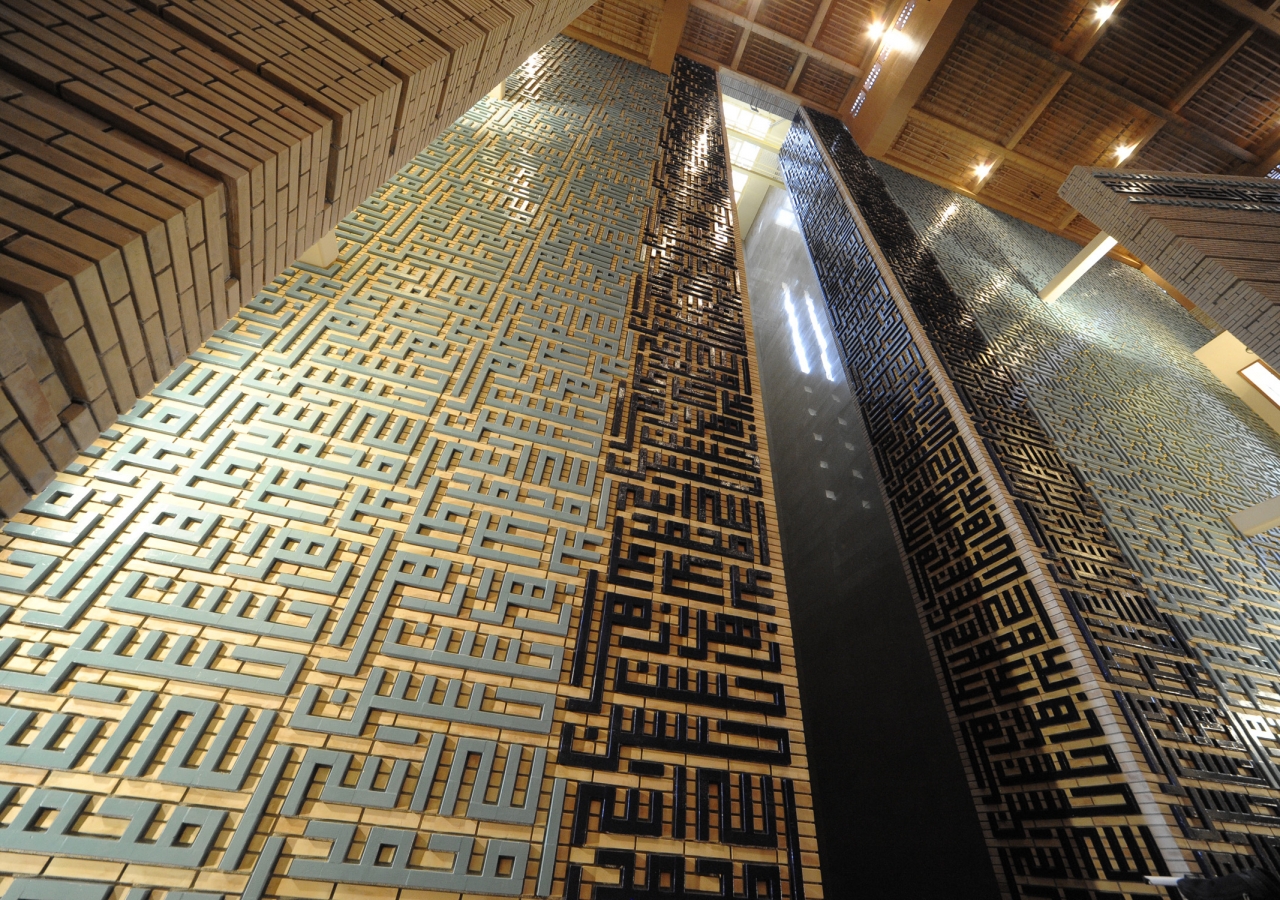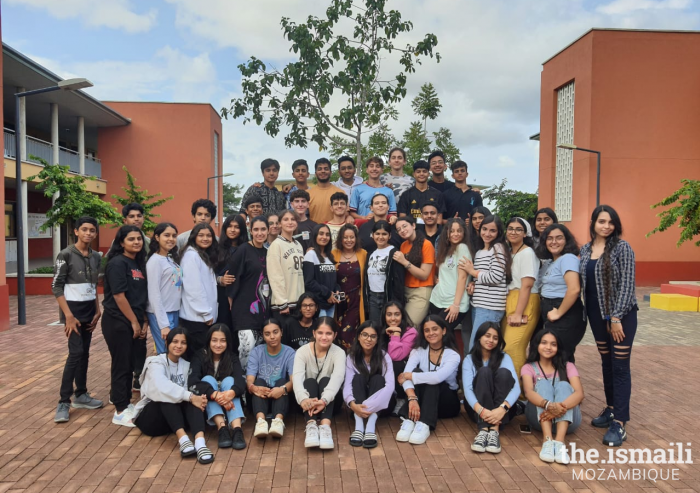Prophet Muhammad (s.a.s.) had his first encounter with the Angel Jibra’il while meditating in a cave atop Jabal al-Nour (Mountain of the Light) at the age of forty. While this event is salient for us, as it marks the beginning of the Qur’anic revelations, the experience was deeply confusing for our beloved Prophet. He is reported to have felt overwhelmed, fearful, and distressed.
It was his wife, Hazrat Bibi Khadija (a.s.), who provided him with comfort and reassurance. Upon embracing Prophet Muhammad, she is reported to have told him:
“By Allah, Allah shall never subject you to any indignity … for you always maintain your ties with those of your kin, and you are always generous in giving; you are diligent, and you seek what others regard as unattainable; you cool the eyes of your guest, and you lend your support to those who seek justice and redress. Stay firm … for by Allah I know that He will not deal with you except most beautifully, and I testify that you are the awaited Prophet in this nation, and your time, if Allah wills, has come.”1
Bibi Khadija bint al-Khuwaylid, more commonly known as Bibi Khadija, was a successful businesswoman in Mecca, managing and conducting her own caravan trade. She was also known for her spiritual and moral virtues and is said to have regularly fed and clothed the poor and provided financial assistance to her relatives.2 Due to her exemplary character, she was referred to in Mecca as al-Tahira, or “the pure one.”3
Upon hearing of the Prophet’s trustworthiness and skill, Bibi Khadija hired him to oversee one of her caravans. Eventually, she proposed marriage to him and the two began a journey marked by closeness and mutual partnership. Supported by Bibi Khadija’s companionship and financial resources, the Prophet found the stability and time to devote himself to his spiritual quest, eventually leading to the first revelation.
Bibi Khadija stood valiantly by our Prophet when many in the community were against him. Even though she was eventually ostracized and endured great hardship, she never wavered in her support of the Prophet and his mission.4
Prophet Muhammad recognized this. He is reported to have said about her, “She embraced Islam when people disbelieved me, and she helped me in her person and her wealth when there was none else to lend me a helping hand.”5 It is widely accepted that Bibi Khadija’s business experience and wealth were vital to the security of the early Muslim community and the spread of Islam.6
Although Bibi Khadija is not explicitly mentioned in the Qur’an, we find implicit references to her in the verses that relate to the Ahl al-Bayt, the Prophet’s household. She was the mother of Hazrat Bibi Fatima az-Zahra (a.s.) and holds the title of “Mother of Believers,” an honorific bestowed on women of the Prophet’s household.7 She passed away three years before the Prophet’s hijrah to Medina. Her absence was so deeply felt by the Prophet that the year of her death came to be known as the Year of Sorrow.
As the first person to accept Islam, Bibi Khadija has a pivotal status in the Muslim tradition. She is not only a model of ethical conduct but also of female righteousness—exemplifying women’s autonomy, economic independence, and initiative.8 Her partnership with her husband, as both his physical and emotional companion, is an inspiration for us all. Let us remember her today and reflect on how her character, courage, and example can guide us in the current times.
1 Al-Jibouri, Yasin. Muhammad. Iran: Ansariyan, 2014, n.p.
2 Nasr, Seyyed H. Muhammad: Man of God. Chicago: Kazi Publications, 1995, p. 18.
3 Helminski, Camille A. Women of Sufism: A Hidden Treasure. London: Shambala, 2003, p. 30.
4 Ibid., p. 6.
5 Musnad Ahmad 6:117, p. 118, as quoted in Helminski, Women of Sufism, p. 30.
6 Ali, Kecia. The Lives of Muhammad. Cambridge: Harvard University Press, 2014, p. 125.
7 Jardim, Georgina. Recovering the Female Voice in Islamic Scripture: Women and Silence. United Kingdom: Routledge, 2014, p. 50.
8 Ibid., p. 51.








